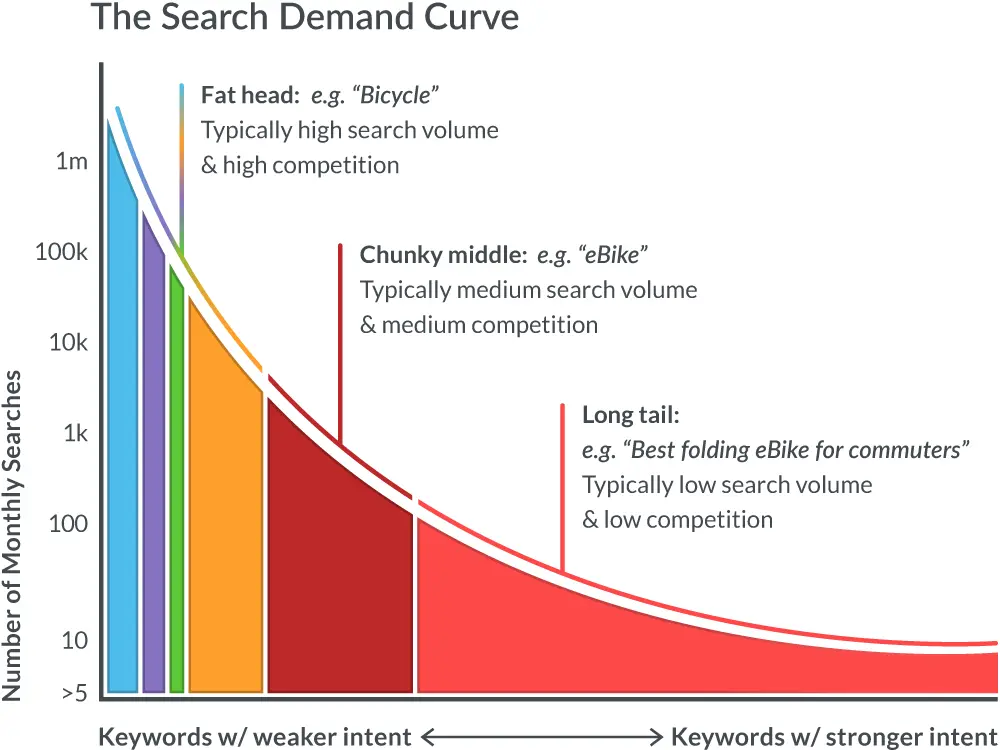Introduction:
In digital visibility, the strategic use of keywords stands as a linchpin in search engine optimization (SEO). This article explores the profound impact of keywords on Google search rankings and how harnessing this power can significantly enhance your website’s visibility and online success.
- The Significance of Keyword Research: Keyword research is the bedrock of effective SEO. Understanding what terms and phrases your target audience uses when searching for information or products. Using tools like Google Keyword Planner or SEMrush, you can identify relevant keywords that align with your content and industry.
- Strategic Placement in On-Page Elements: Once you’ve identified your target keywords, the strategic placement of these keywords within on-page elements is crucial. Craft compelling title tags, meta descriptions, and headers seamlessly incorporating your chosen keywords. This signals to search engines the relevance of your content and improves user engagement.
- Content Optimization and Relevance: The heart of SEO lies in content optimization. Create high-quality, relevant content that naturally integrates your target keywords. Google’s algorithms are designed to recognize content that meets user intent, so focus on providing valuable information that addresses the needs of your audience while organically incorporating keywords.
- Long-Tail Keywords for Precision: While broad keywords are essential, long-tail keywords can add a layer of precision to your SEO strategy. Long-tail keywords are more specific and often reflect user queries more accurately. Integrating these into your content can attract highly targeted traffic and improve your chances of ranking for specific search queries.
- Monitoring and Adjusting Keyword Strategy: SEO is dynamic, and user search behavior evolves over time. Regularly monitor the performance of your chosen keywords using analytics tools. Stay flexible and be prepared to adjust your keyword strategy based on emerging trends, changes in user behavior, and algorithm updates.
- Competitor Analysis for Keyword Insights: Analyzing your competitors’ keyword strategies can provide valuable insights. Identify which keywords are driving traffic to their websites and assess the competitiveness of those terms. This information can guide your keyword selection and help you uncover untapped opportunities.
- Local SEO and Geo-Targeted Keywords: Incorporating geo-targeted keywords is crucial for businesses with a local presence. Optimize your content for local SEO by including location-specific keywords, creating Google My Business listings, and encouraging customer reviews. This enhances your chances of appearing in local search results.
- User Intent and Semantic Search: Google’s algorithms increasingly focus on understanding user intent and semantic search. Create content that includes keywords and addresses the underlying questions and context of user queries. This approach aligns with Google’s goal of delivering users the most relevant and helpful results.
Conclusion:
The power of keywords in SEO cannot be overstated. A strategic and well-researched approach to keywords can significantly impact your website’s Google search rankings. By understanding user intent, optimizing content, and staying attuned to industry trends, you harness the true potential of keywords, ensuring your website not only ranks higher but also provides valuable information to your target audience.




